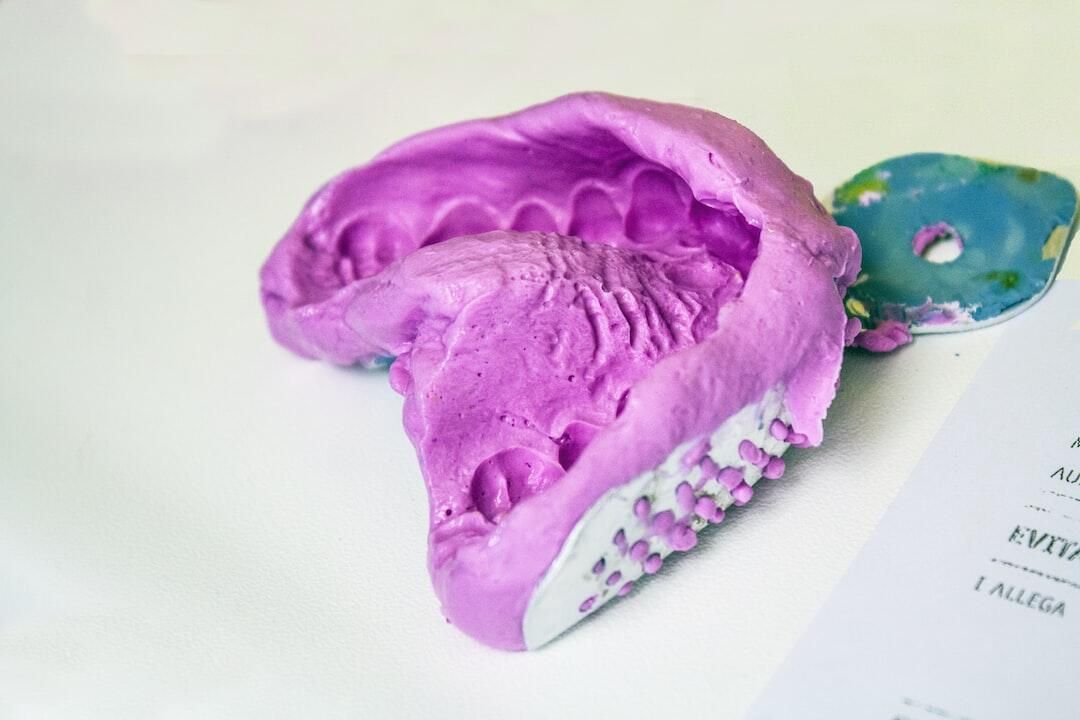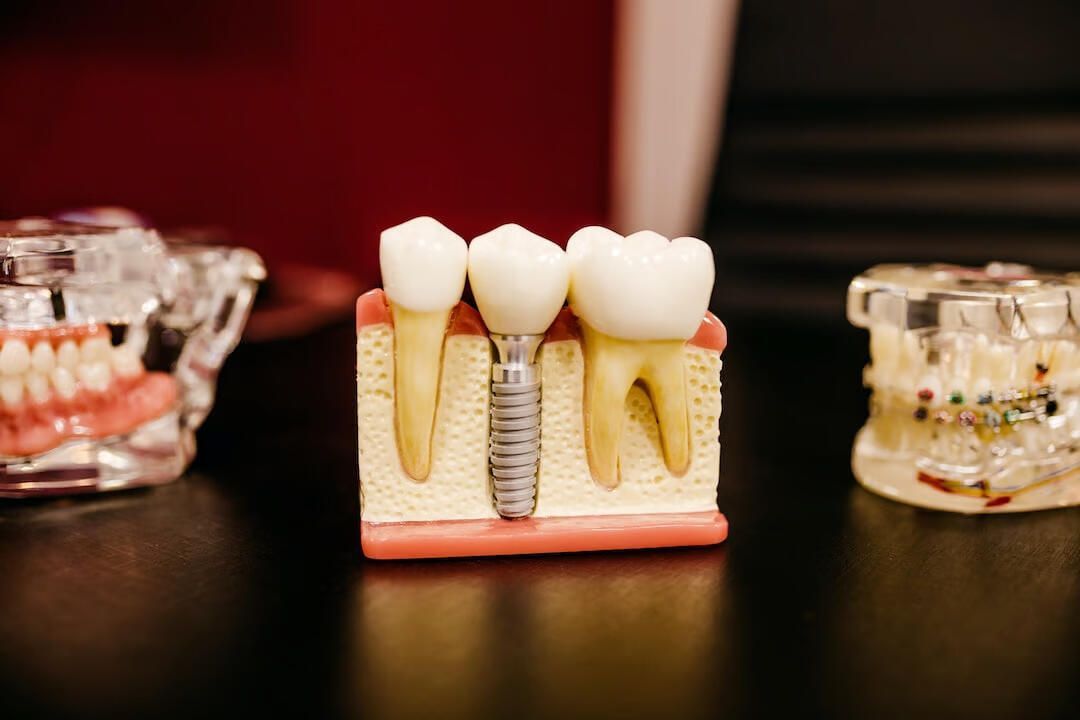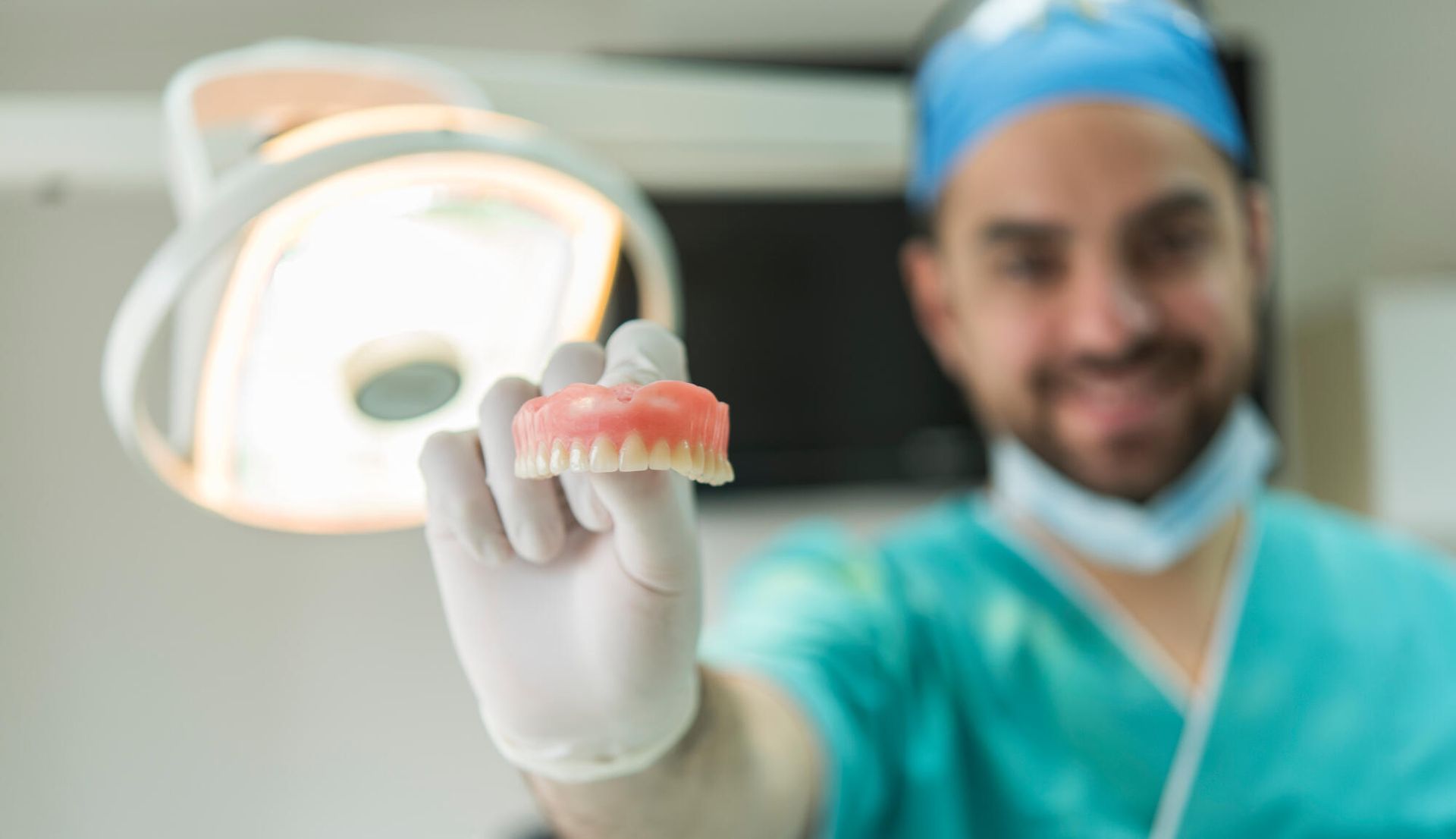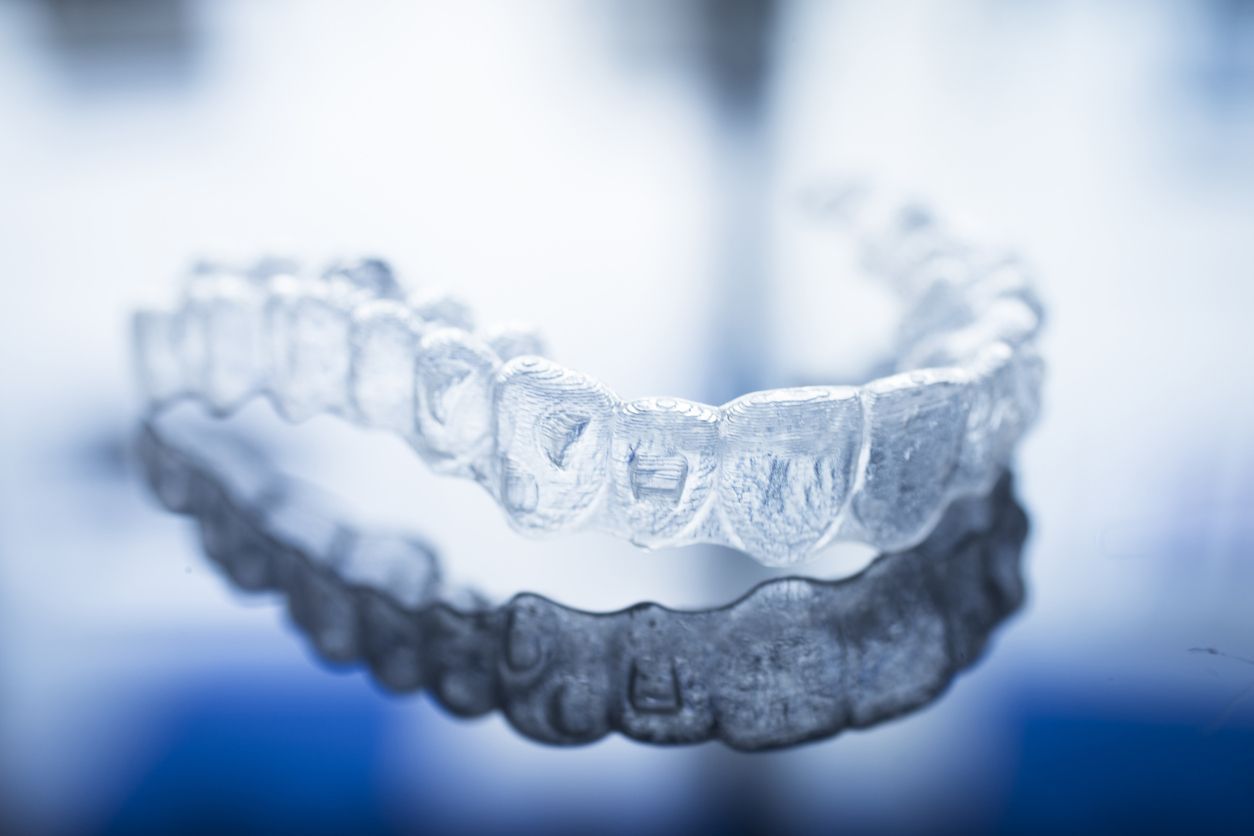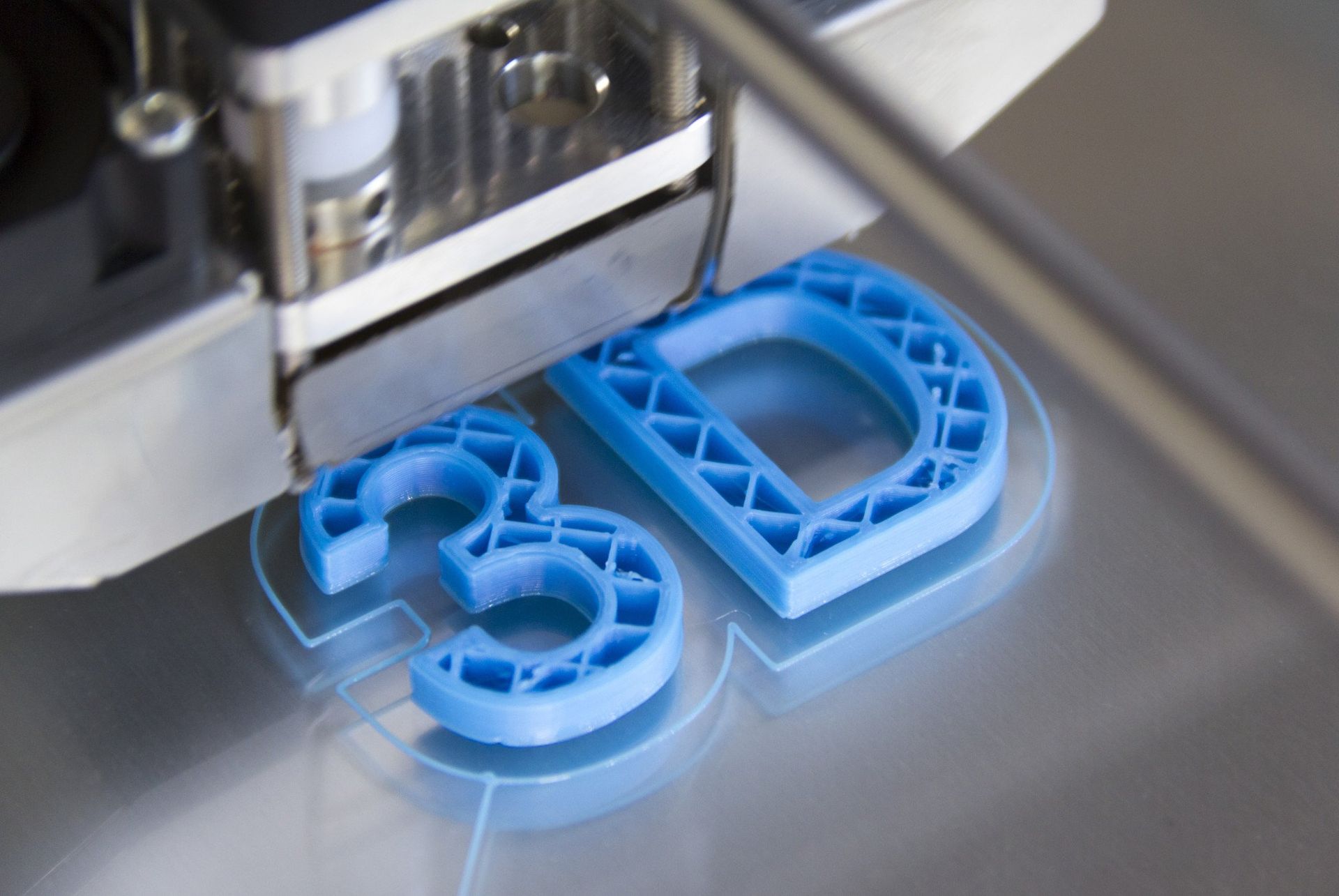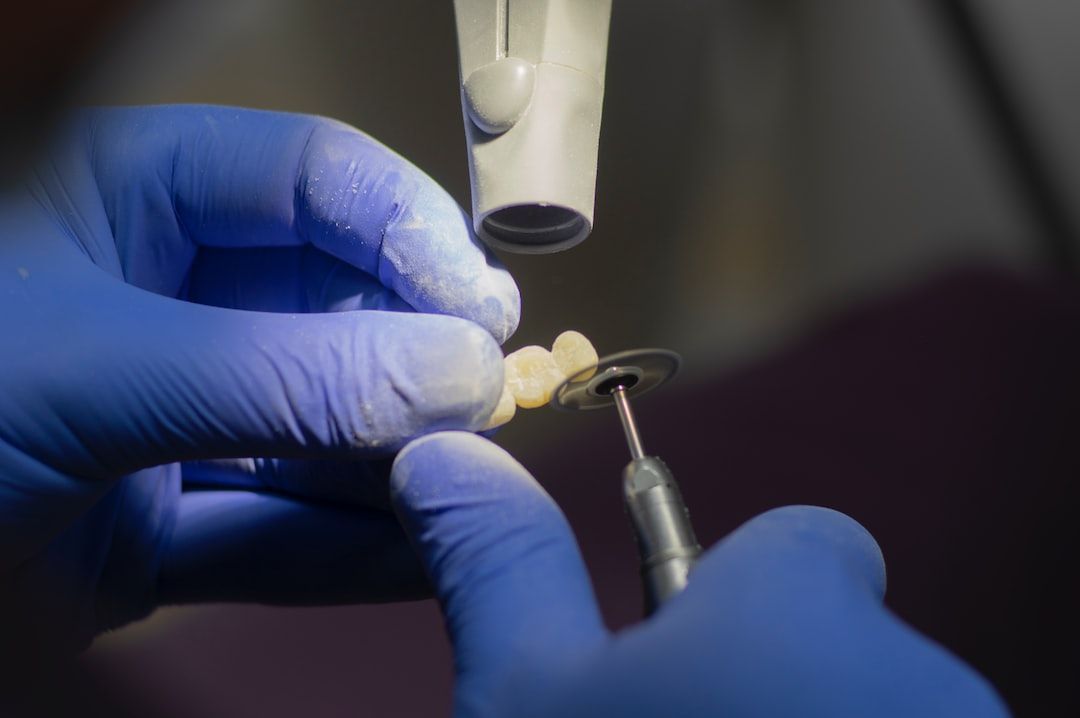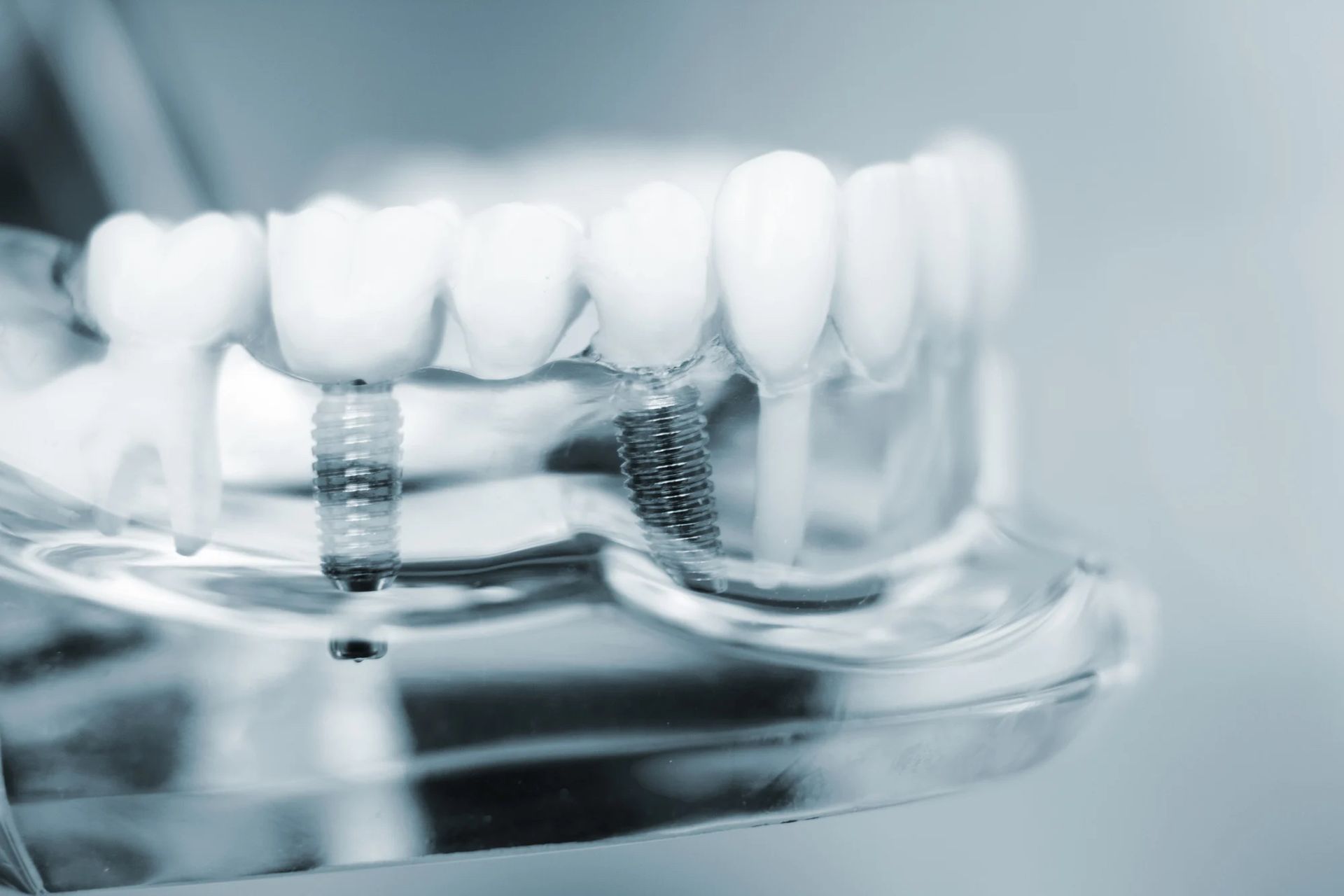Completely Cobalt Chrome or Totally Titanium: Which to Choose?
Dental implants have evolved over the years with more treatments and methods available. Learn more about cobalt chrome and titanium abutments here.
Nearly 120 million people in the U.S. are missing at least one tooth. Whether due to age, injury, or other factors, there is a pressing need for effective dental solutions for missing teeth. Fortunately, dental implants offer a long-lasting solution.
When it comes to replacing lost teeth with dental implants, there are a lot of choices. Two popular materials for dental implant abutments are cobalt chrome and titanium. Below is a guide that explores the merits of these two materials to help you make a choice.
What Is Cobalt Chrome?
Cobalt chrome is an alloy of cobalt and chromium. For over 50 years, it has been used in orthopedic implants. This abutment is strong, durable, and highly resistant to corrosion, making it ideal for dental implants.
Pros of Cobalt Chrome as a Dental Implant
Cobalt Chrome offers several advantages as a material for dental implants. This makes it a popular choice in the field of dentistry. Here are some of the benefits of using Cobalt Chrome:
Strength and Stability
Cobalt Chrome is very hard. It provides dental implants with the strength needed to withstand cutting and breaking forces. The hardness ensures longevity, reducing the risk of wear and tear over time.
This dental implant crown can also endure high temperatures without losing its properties. It helps ensure long-term stability for dental implants. As a patient, you can rely on cobalt chrome dental implants for extended periods without worrying about replacements.
Corrosion Resistance
Corrosion can weaken dental implants over time, leading to replacements. Cobalt Chrome's resistance reduces this risk, extending the lifespan of the implant. It also reduces the need for costly and inconvenient replacements.
Affordability
Dental implant procedures can be costly, and materials often contribute to the expenses. Cobalt Chrome offers an economical choice. They reduce the financial burden for patients.
Despite its cost-effectiveness, cobalt chrome doesn't compromise on quality. You can enjoy strength and stability without breaking the bank.
Customization
Dental implant abutments demand precision, and cobalt chrome delivers. Its properties allow for accurate and detailed-oriented castings, ensuring a perfect fit. With a well-fitted implant, you can experience maximum comfort and functionality.
Cons of Cobalt Chrome
Chrome has its drawbacks too. Although extremely rare, some dental patients may experience allergic reactions or skin eczema due to the release of metal from cobalt chrome.
As a result, dental experts must prioritize patient well-being. They should conduct comprehensive patient assessment to determine the risk of allergies or sensitivities to cobalt chrome.
What Is Titanium?
Titanium is a durable metal alloy used in medical applications. It's bio-compatible with body tissue, making it safe for implants. The material is also ideal for applications where weight needs to be reduced, such as dental implants.
Pros of Titanium as a Dental Implant
Titanium is a widely used material for dental implants due to its benefits. Below are some of the pros of using titanium for dental implants:
Exceptional Bio-Compatibility
Titanium has remarkable biocompatibility. Its surface forms a stable oxide layer, promoting seamless integration with surrounding body tissues. As a result, it reduces the risk of adverse reactions or rejections when used in dental implants.
Versatility in Titanium Grades
Titanium's classification into different grades allows for tailored solutions. It allows your dentist to select the most suitable titanium grade for you, ensuring a precise fit.
Grade 5, also known as ELI (Extra Low Interstitials), is a preferred choice for dental implants. It's thanks to its low interstitial content, which increases resistance to fracturing.
Lightweight
Dental implants need to be comfortable for patients. Titanium is lightweight, ensuring that the implant doesn't impose excessive weight or discomfort. This helps enhance patient satisfaction.
For dental professionals, working with a lightweight implant material is more convenient. It allows for easier manipulation during the implant surgery.
Corrosion Resistance
Dental implants are often exposed to a challenging oral environment that can lead to corrosion. Corrosion in dental implant materials can lead to discomfort or complications. Titanium dental implants offer corrosion resistance, ensuring longevity and comfort.
Non-Oxidizing
Your dental implants need to remain stable over time. Titanium for dental implants has a non-oxidizing nature. This ensures that it remains chemically stable, reducing the risk of changes in composition that can compromise the implant's integrity.
The non-oxidizing characteristic of titanium contributes to consistent performance. As a patient, you can have confidence that your dental implants will maintain their properties throughout their lifespan.
For dentists, the consistency of non-oxidizing titanium leads to predictable outcomes. This helps simplify the implantation process and ensures the success of the procedure.
Cons of Titanium
While titanium has numerous advantages for dental implants, it does come with a minor drawback - its color. Titanium abutments may exhibit a grayish hue.
This color can be slightly visible through thin surfaces and mucosa. It's quite unappealing. The visibility can affect the natural appearance of your implant, leading to cosmetic concerns.
Completely Cobalt Chrome or Totally Titanium: Which to Choose?
When it comes to selecting the right material for your dental implant abutment, the choice between cobalt chrome and titanium is a big decision. Each material has its unique strengths and considerations. Here are key factors to consider:
Biocompatibility
If biocompatibility is your top priority, titanium is an ideal choice. It forms a stable oxide layer on its surface, reducing the risk of adverse reactions. While generally biocompatible, rare cases of allergic reactions to cobalt chrome.
Strength and Durability
Cobalt chrome offers exceptional strength and stability. This makes it ideal for situations with high mechanical demands. Titanium offers good strength but may not match the sturdiness of cobalt chrome in high-stress environments.
Cost
For budget-friendly implants, try cobalt chrome. They are more attractive for cost-conscious patients. On the other hand, titanium comes at a higher price point.
Appearance
If a natural look is crucial to you, avoid titanium. It has an unsightly grayish hue.
Get Quality Dental Implant Abutments
Choosing between cobalt chrome and titanium for your dental implant material can be a hard choice. If you're looking for a lab that understands your needs, try the Arizona 3D Dental Lab. We're your trusted partner for quality dental implant abutments.
Feel free to
reach out to us today to learn more.


